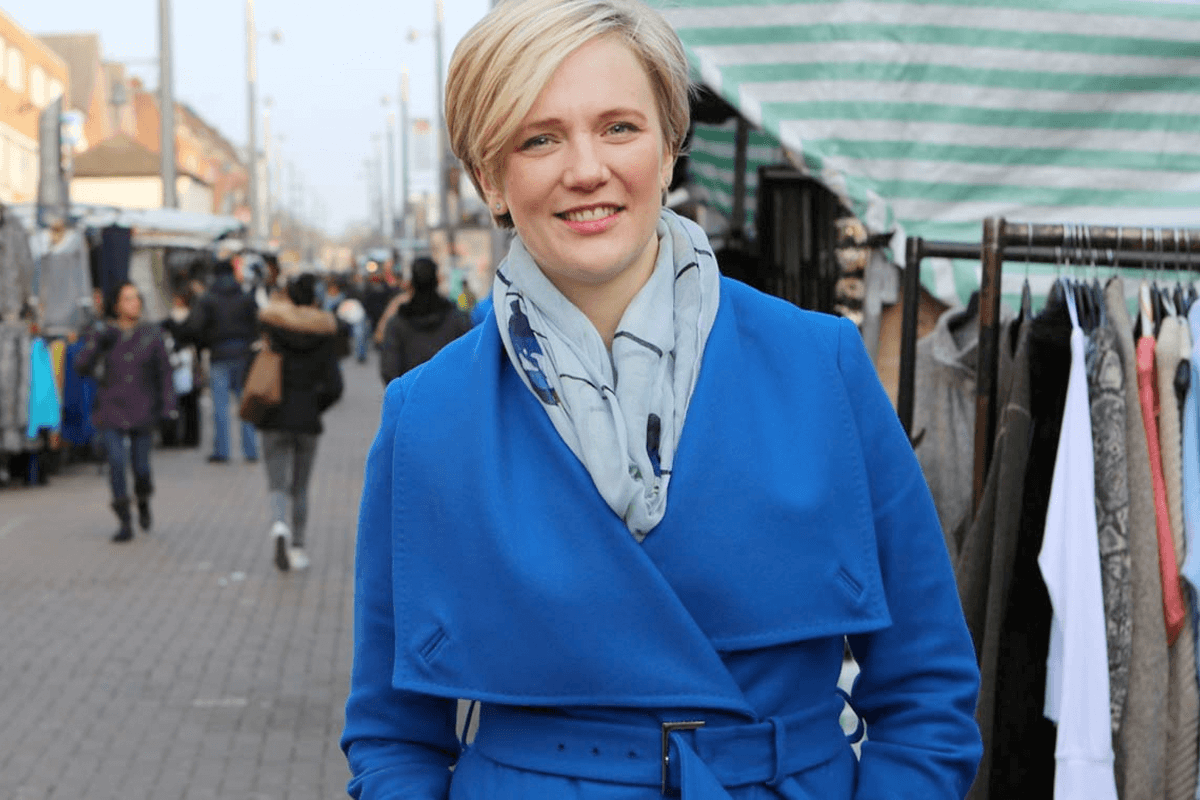
A woman who has appeared in court accused of having an illegal abortion, alleged to have taken place in November 2020 during the second coronavirus lockdown, is the fifth person reported to have been prosecuted in Britain this year. She is accused of “procuring poison with intent to cause her own miscarriage”. This is language from 1861, used to describe the criminal offence of having an abortion under Section 58 of the Offences Against the Person Act 1861. In fact, the woman safely used bona fide medical abortion pills.
Campaigners and experts have warned that increasing numbers of women are being prosecuted over abortions. There are three other cases of “suspected illegal terminations” going through the criminal justice system. A woman was also convicted of carrying out an illegal termination earlier this year.
In this latest case, at Westminster magistrates’ court in central London last week, the woman’s defence lawyer said: “The nature of the offence has garnered a huge amount of publicity. Other women have been subject to death threats.” The judge approved an interim order not to name the woman, stating that “this is clearly going to be a very high-profile case” and said it might be heard at the Old Bailey. A further application for her anonymity will be submitted by the defence, which will be reviewed when the case is heard next month. The woman, who did not enter a plea, was granted unconditional bail and a provisional date has been set for the case to be heard at Isleworth Court, in West London. Standing in the witness box, she broke down in tears after the ten-minute hearing.
Last month Bethany Cox, age 22, appeared at Teesside Crown Court accused of carrying out an illegal abortion in July 2020. She pleaded not guilty to charges of child destruction and “unlawfully administering poison or another noxious substance with intent to procure her own miscarriage” (also 1861 language). She is due to stand trial early next year.
Dame Victoria Sharp, a Court of Appeal judge, reduced the sentence of Carla Foster, who had originally been jailed for 28 months.
In July 2023, Carla Foster, age 45, was released from prison after about a month in custody when the Court of Appeal reduced the 28-month sentence imposed at Stoke Crown Court. She had admitted taking abortion pills to induce a miscarriage during the first Covid lockdown, when she was between 32 and 34 weeks pregnant.
Dame Victoria Sharp, sitting with Lord Justice Holroyde and Mrs Justice Lambert in the Court of Appeal, reduced Foster’s sentence to 14 months, and said it should be suspended. “It is a case that calls for compassion, not punishment, and where no useful purpose is served by detaining Ms Foster in custody,” she said.
Foster’s original custodial sentence had prompted many protests and calls for change to the law on abortion.
In November Sophie Harvey, 23, is due to stand trial at Gloucester Crown Court alongside her partner Elliot Benham, also 23. The pair have pleaded not guilty to charges that include “illegally procuring drugs from India to procure a miscarriage”, and “concealing the birth of a child”. Sophie Harvey has also been charged with “inducing her own miscarriage”.
Another case, which is believed to relate to an alleged illegal abortion, is also due to be heard in November. The defendants in this case cannot be named due to reporting restrictions.
MPs and campaigners concerned by the sudden rise in prosecutions have called for the law to be changed, and for abortion to be removed from the criminal statute books.
Last year protesters wrote a joint letter to Max Hill KC, the Director of Public Prosecutions, calling for “urgent guidance to stop the prosecution of women who end their own pregnancies, with immediate effect”. Signatories included charities, doctors, and lawyers. In a written response, the Crown Prosecution Service said that abortion cases would be reviewed at a higher level before a charging decision was made.
Stella Creasy, a Labour MP, is one of a growing number of members of Parliament calling for change. She said: “Women continue to be prosecuted and investigated under a law that criminalises having an abortion itself. That’s why sentencing guidelines are not the answer but decriminalisation is, because only then can we regulate and authorise access to abortion as a medical, not criminal, matter and so stop the risk that women who have experienced baby loss face the police at their door.”
Labour MP, Diana Johnson, said: “The fact that our laws allow women to be prosecuted in this way is wrong and the law needs to change. It’s time for Parliament to be given time to debate abortion and for our laws to be modernised.”
Clare Murphy, head of the British Pregnancy Advice Service, said: “We are deeply concerned by the rise in the number of women investigated and prosecuted for ending a pregnancy over the last five years. There appears to be a much more concerted drive towards criminalising women [who are] in very difficult circumstances, with both police and prosecutors displaying a distinct lack of understanding of — and sensitivity to — their situations. It is clear that, unless Parliament acts, women will continue to face prison terms under our archaic abortion law.”
PS. The question the UK abortion rights movement, who are coming together to organise against this unprecedented harassment, are asking is: From whom within the increasingly rightwing government is this anti-abortion harassment coming from, as they are too afraid to come out in the open and identify themselves – knowing full well that they do not represent the country.
SOURCE: The Times UK, by Hannah Al-Othman, Megan Agnew, 24 September 2023 ; PHOTO: Stella Creasy



